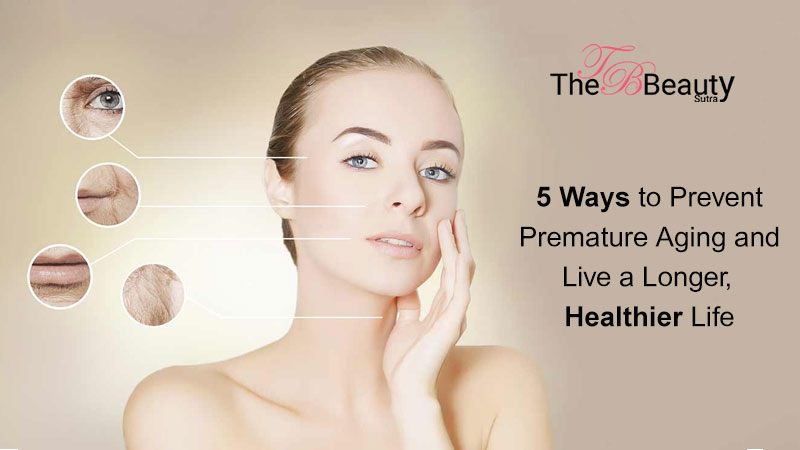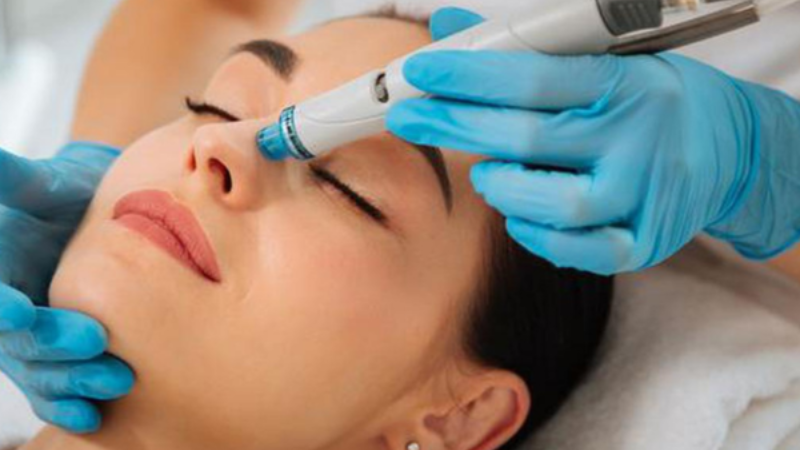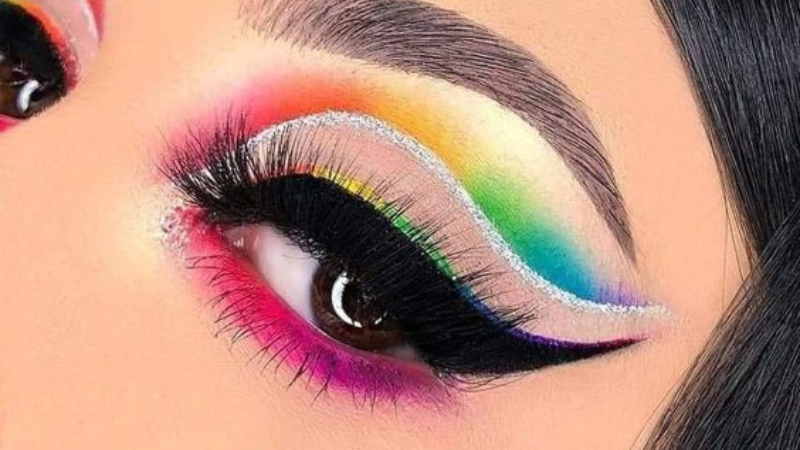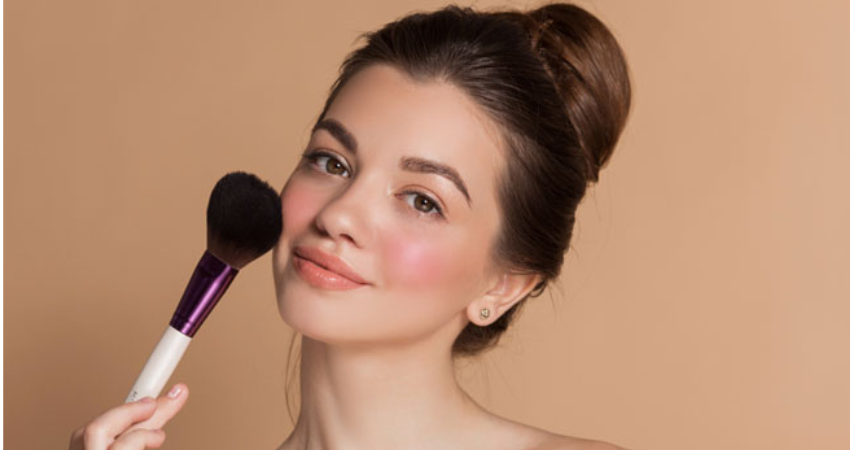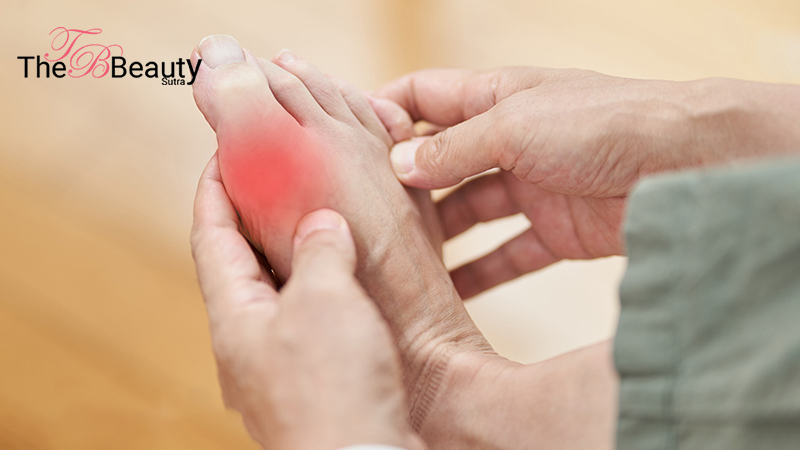Introduction
Aging is an inevitable part of life, but who wouldn’t want to age gracefully and enjoy a longer, healthier life? While we can’t stop the biological clock, we can certainly slow it down and prevent premature aging through a combination of healthy lifestyle choices. In this comprehensive guide, we’ll explore five effective ways to help you prevent premature aging and enhance your overall well-being.
Table of Contents
1.Nourish Your Body with a Balanced Diet
One of the most powerful weapons against premature aging is the food you put into your body. A balanced and nutritious diet can work wonders for your skin, energy levels, and overall health and prevent premature aging.Here’s how you can make the most of your diet:
a). Embrace Antioxidant-Rich Foods:

Antioxidants combat free radicals, unstable molecules that can damage your cells and accelerate aging. Incorporate colorful fruits and vegetables like berries, spinach, and bell peppers into your daily meals. These foods are packed with antioxidants like vitamins A, C, and E.
b). Choose Healthy Fats:

Omega-3 fatty acids found in fatty fish (salmon, mackerel, and sardines), flaxseeds, and walnuts can help reduce inflammation and keep your skin looking youthful.
c). Hydrate, Hydrate, Hydrate:

Water is essential for maintaining healthy skin and body functions. Staying well-hydrated can plump up your skin, reducing the appearance of wrinkles and fine lines.
d). Limit Sugar and Processed Foods:

Excess sugar and highly processed foods can lead to inflammation, break down collagen, and accelerate aging. Cut back on sugary drinks, snacks, and fast food.
e). Moderation is Key:
Enjoying occasional treats is perfectly fine, but it’s essential to maintain a balanced diet overall.
2.Protect Your Skin from Harmful UV Rays

The sun’s UV rays can wreak havoc on your skin, leading to premature aging, sunspots, and an increased risk of skin cancer. It is crucial to protect your skin from UV damage.
a).Use Sunscreem Daily: Apply a broad-spectrum sunscreen with SPF 30 or higher, even on cloudy days. Reapply every two hours if you’re outdoors.Dail Uses of sunscreem help to prevent premature aging.
b). Seek Shade: Limit your exposure to direct sunlight, especially during peak hours between 10 a.m. and 4 p.m.
c). Wear Protective Clothing: Invest in sun-protective clothing, sunglasses, and wide-brimmed hats to shield your skin and eyes from harmful UV rays.
d). Avoid Tanning Beds: Tanning beds emit UV radiation that can accelerate skin aging and increase your risk of skin cancer. Embrace your natural skin tone.
3.Prioritize Regular Exercise

Exercise is not only beneficial for your physical health but also plays a significant role in prevent premature aging. Here’s how it works:
a). Boosts Collagen Production: Regular physical activity stimulates the production of collagen, a protein that keeps your skin firm and supple and helps to prevent premature aging.
b). Improves Circulation: Exercise increases blood flow, delivering essential nutrients and oxygen to your skin cells and removing waste products it also help to prevent premature aging.
c). Reduces Stress: Physical activity triggers the release of endorphins, which can help reduce stress and promote a more youthful appearance.
d). Enhances Muscle Tone: Building and maintaining muscle mass through exercise can prevent premature aging-related muscle loss, keeping you stronger and more active as you age.
e). Aim for a Mix of Cardio and Strength Training: Incorporate a variety of exercises into your routine, including cardiovascular workouts and strength training exercises.
4.Get Adequate Sleep

Quality sleep is often underrated in its role in prevent premature aging. While you sleep, your body undergoes essential repair and regeneration processes. Lack of sleep can lead to wrinkles, dark circles, and a weakened immune system. To promote healthy sleep:
a). Stick to a Regular Sleep Schedule: Try to go to bed and wake up at the same times each day, even on weekends.
b). Create a Relaxing Bedtime Routine: Wind down before sleep with activities like reading, taking a warm bath, or practicing relaxation techniques.
c). Make Your Bedroom a Sleep-Friendly Environment: Ensure your bedroom is dark, cool, and comfortable for the best sleep quality.
d). Limit Screen Time Before Bed: The blue light emitted by screens can interfere with your body’s production of melatonin, a hormone that regulates sleep.
e). Avoid Excessive Caffeine and Alcohol: These substances can disrupt your sleep patterns, so it’s best to consume them in moderation and avoid them close to bedtime.
5.Manage Stress with Mindfulness and Relaxation Technique
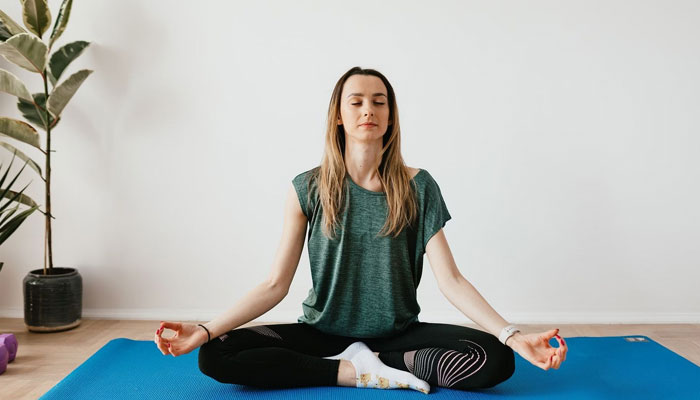
Stress can accelerate aging, both physically and mentally. Chronic stress can lead to the production of cortisol, a hormone that can break down collagen and lead to wrinkles. To manage stress and promote overall well-being:
a). Practice Mindfulness Meditation: Mindfulness techniques can help you stay present, reduce anxiety, and improve your ability to cope with stress.
b). Engage in Relaxation Exercises: Activities like yoga, deep breathing, and progressive muscle relaxation can help calm your mind and reduce stress levels.
c). Cultivate a Supportive Social Network: Surround yourself with friends and loved ones who provide emotional support and companionship.
d). Seek Professional Help if Needed: If you’re struggling with chronic stress or mental health issues, don’t hesitate to reach out to a therapist or counselor.If We consult a doctor on time can prevent premature aging.
When to Call The Doctor:-
In this article, we’ll discuss five situations when it’s important to call the doctor as part of your strategy to prevent premature aging and maintain optimal health.
Persistent Skin Changes:
While minor skin changes like fine lines and age spots are a normal part of aging, persistent or sudden skin changes may warrant a visit to the dermatologist. Skin conditions such as unusual moles, rapid changes in pigmentation, or skin lesions that don’t heal could be signs of skin cancer. Early detection and treatment are crucial in preventing serious health complications, so don’t hesitate to consult a dermatologist if you notice any concerning skin issues.
Unexplained Fatigue:
Feeling tired from time to time is normal, but chronic and unexplained fatigue can be a symptom of underlying health problems, such as anemia, thyroid disorders, sleep apnea, or chronic fatigue syndrome. If your fatigue persists despite adequate rest and a healthy lifestyle, it’s wise to consult your primary care physician for a thorough evaluation and appropriate diagnostic tests.
Joint Pain and Stiffness:
Joint pain and stiffness are common as we age, but they can also be indicative of arthritis or other inflammatory conditions. If joint discomfort limits your mobility or disrupts your daily life, consult with a rheumatologist. Early intervention and proper management can help prevent further joint damage and improve your quality of life.
Cognitive Changes:
Mild forgetfulness is a normal part of aging, but significant cognitive changes should not be ignored. Memory loss, confusion, mood swings, and difficulty with daily tasks can be signs of neurodegenerative conditions like Alzheimer’s disease. If you or a loved one experiences noticeable cognitive decline, reach out to a neurologist for a comprehensive evaluation and guidance on managing cognitive health.
Uncontrolled Chronic Conditions:
Chronic conditions such as hypertension, diabetes, and heart disease can accelerate aging and reduce overall life expectancy if left uncontrolled. Regular monitoring and management are essential. If you struggle to manage your chronic condition despite lifestyle modifications and prescribed medications, consult your primary care physician or specialist. Adjustments to your treatment plan may be necessary to prevent further complications.
Conclusion
Prevent premature aging is achievable with a holistic approach to your lifestyle. By nourishing your body with a balanced diet, protecting your skin from UV damage, staying physically active, prioritizing sleep, and managing stress, you can significantly enhance your chances of living a longer, healthier life while aging gracefully. Remember that consistency is key, and small changes made over time can yield substantial results in your quest to prevent premature aging. Embrace these practices, and you’ll not only look better but also feel better as you age.
FAQ:-
1).What is premature aging, and how can I recognize its signs?
Premature aging refers to accelerated aging processes. Signs include wrinkles, fine lines, age spots, fatigue, joint pain, and cognitive decline appearing earlier than expected.
2).Can genetics cause premature aging, and can it be prevented?
Genetics play a role, but lifestyle choices can influence gene expression. A healthy lifestyle can mitigate genetic predispositions.
3).How do I protect my skin from premature aging due to the sun?
Protect your skin by using SPF 30+ sunscreen, seeking shade, wearing protective clothing, avoiding tanning beds, and staying hydrated.These tips help to you prevent premature aging.
4).Are there specific exercises to prevent premature aging?
Cardiovascular workouts and strength training are effective. Yoga and Pilates enhance flexibility and balance for a more youthful life.
5).What role does stress play in premature aging, and how can I manage it?
Stress accelerates aging internally and externally. Manage it through mindfulness, relaxation exercises, a supportive network, and professional help when needed.
5 Easy Ways to Prevent Premature Skin Aging and Wrinkles
10 Ways to Prevent Premature Aging Caused by the Environment
8 Best Diet and Nutrition for preventing premature Aging

